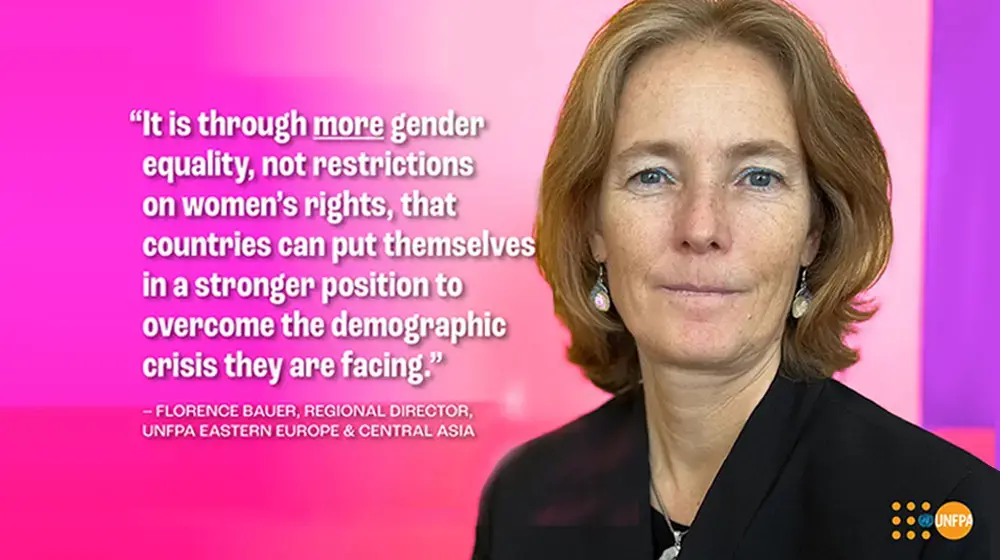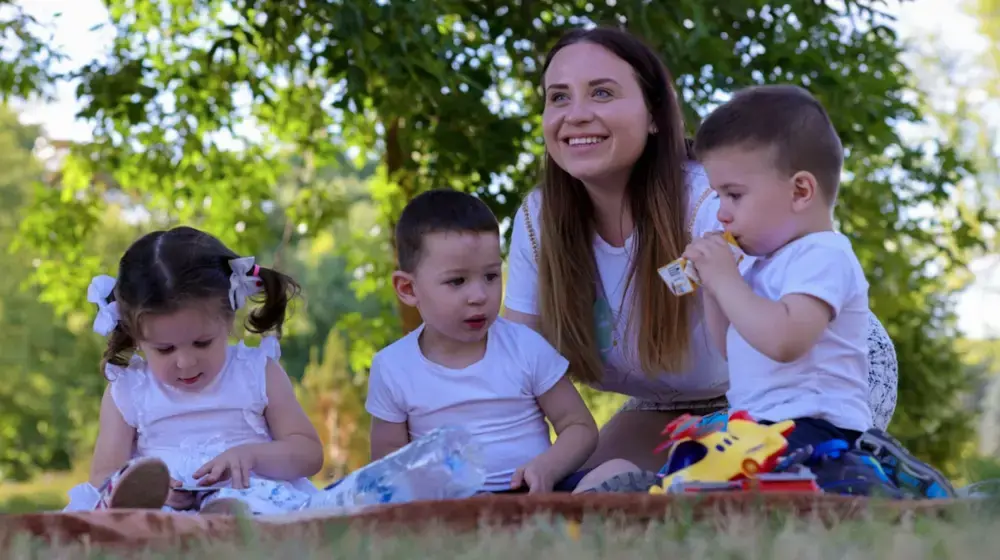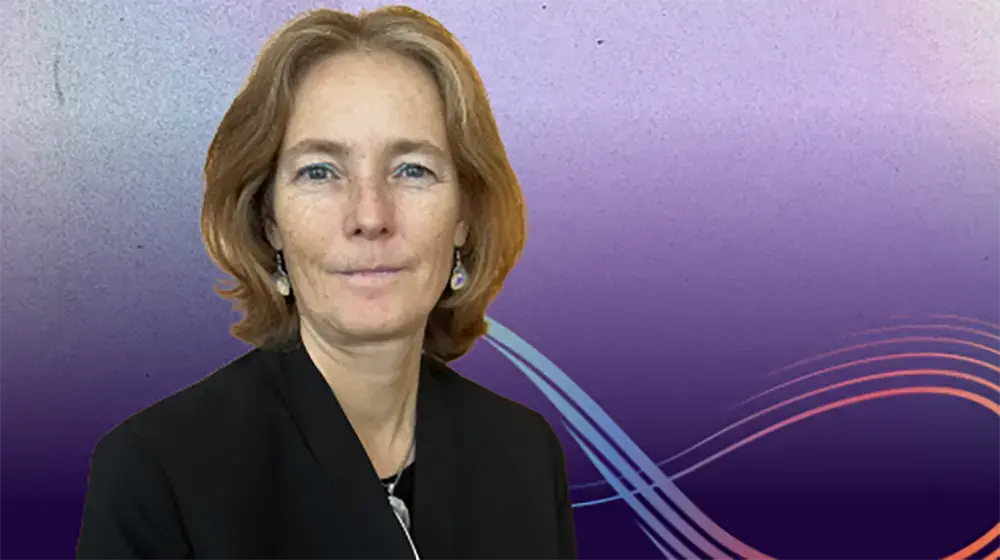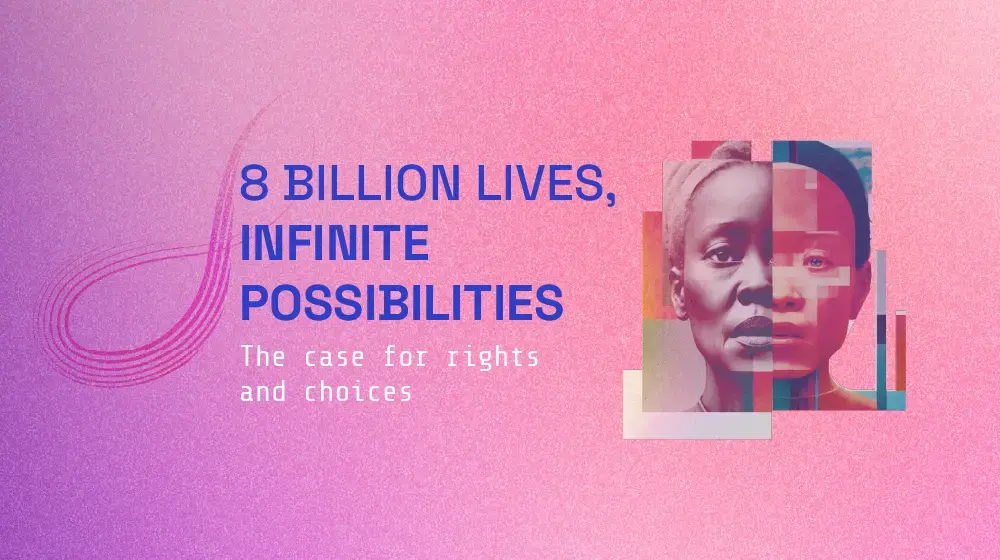Scroll down

If only women had more children, a widely held view goes, our demographic worries would fade away. Higher birth rates would stabilize population numbers, or even make them grow. Soon, the proportion…
read more
They’re called repatriates, or “repats” for short, people who move back to their home countries after having emigrated. Some parts of Central and Eastern Europe — under pressure from low birth rates…
read more
When Diana Donțu, in Moldova, found out she was pregnant with triplets, she asked her boss for flexible working arrangements. He agreed — these had become more familiar during the COVID-19 pandemic,…
read more
In November 2022, the human population surpassed 8 billion people. At the same time, two thirds of people on the planet already lived in places where fertility rates had fallen below the so-called “…
read more
New data reveals population anxieties are widespread and governments are increasingly adopting policies aimed at raising, lowering or maintaining fertility rates. But efforts to influence fertility…
read more